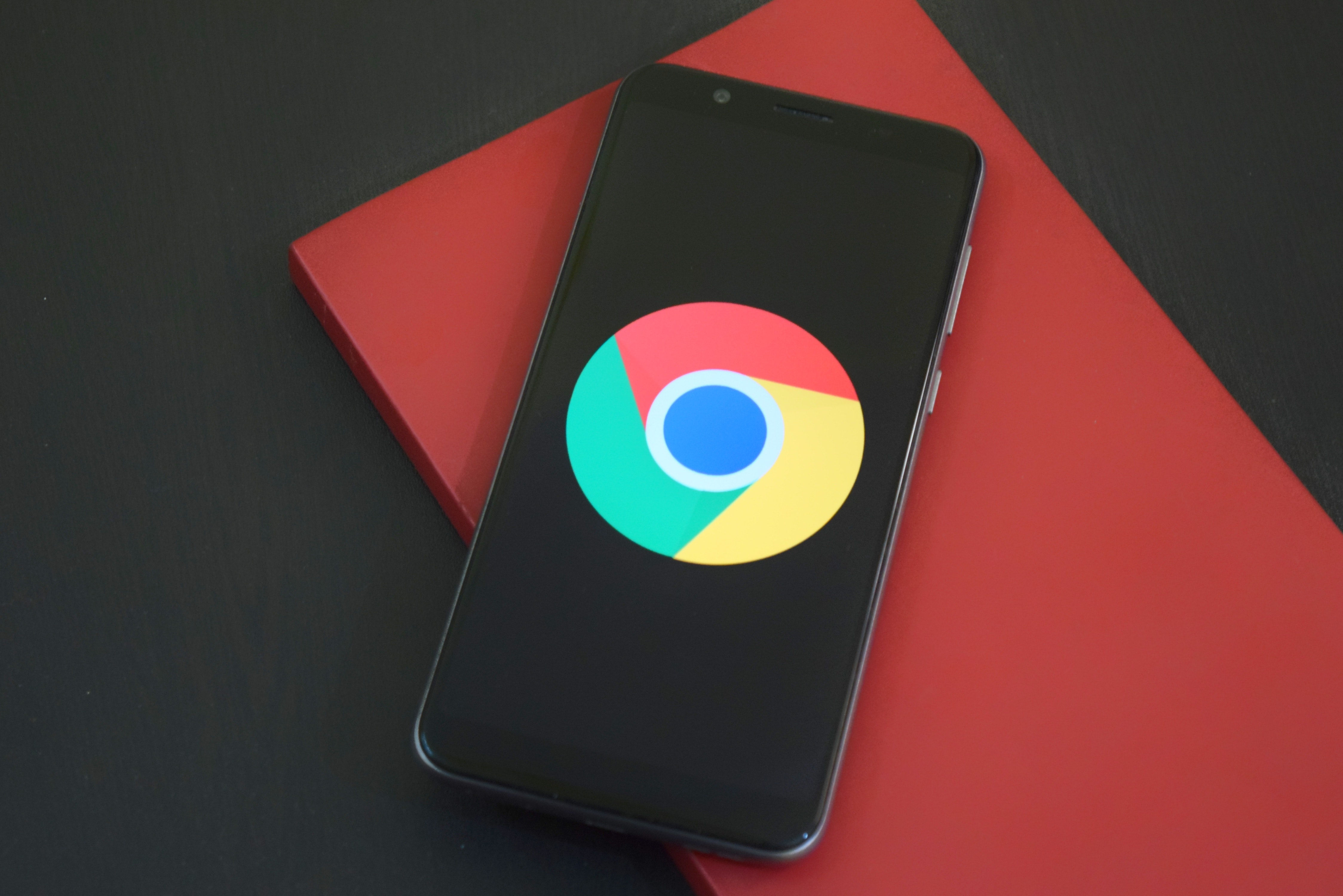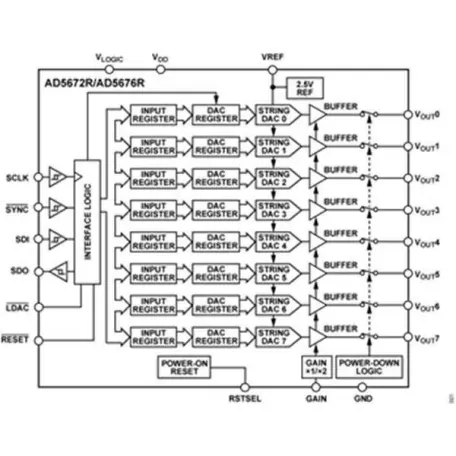How can B2B companies use Google Ads to obtain leads?
Natural traffic search often has little effect due to unsuccessful queries, and paid search advertising has become the best way for businesses to obtain expected traffic from Google.
But due to the long sales cycle and B2BThe complexity of products and services, high specificity of keywords, and/Or low search volume, andB2CAnd B2BMultiple factors such as keyword crossover (for example, certain keywords may attract the wrong audience) can affect the creation of effective B on Google2BPaid click advertising is even more difficult.

In this article, we will focus on how to assist B through methods such as geographic location, key keyword selection, and precise login pages2BMarketers create effective paid click ads on Google and minimize resource waste.
Advertising settings and keyword selection
The infrastructure of Google Advertising aims to reward relevance. This requires advertisers to spend time carefully constructing keyword lists that directly correspond to the content on the website or landing page, while accurately reflecting their advertising copy. In this way, advertisers will be able to exchange lower click through fees for higher search result display.
The implementation of all of this relies on an effective keyword list. For B2BThis is even more true for marketers. You need to find the words that best reflect the product or service you want to promote, approximately 5-tenThen list your keywords.
It is important to remember that the internal language you use to describe a product or service may not be the words that customers use to query. Therefore, it is very important to identify all target word versions and include them in your advertising setup, preferably in a separate advertising group, to ensure that your advertising copy matches the paid keywords to the greatest extent possible.
Google'sKeyword PlanningTool Keyword PlannerIt can help you better create a keyword list. This feature is featured in Google Advertising(Google Ads)In the interface, anyone with Google AdsAnyone with an account can use this feature, even if you have not placed valid advertisements.
Advertisers can enter up to 1 in the Keyword Planner0Seed keywords can be used to help generate final keywords, and a large amount of historical data, including keyword quantity trends and cost estimates, can also be provided as a reference.
Using this tool not only helps you set expectations in terms of cost and click through, but also helps you identify keyword positioning opportunities that you may overlook.
Minimize waste by utilizing matching types, negative keywords, and timely positioning
Google provides advertisers with various tools and settings to reduce waste (such as clicks from unqualified searchers).
Keywords can be associated with the "matching type" of advertisements triggered when users search for queries. Below is an introduction to the four matching types.
Wide matching: Search for a wide range of keyword matching types as much as possible, which is the default setting. Wide matching allows your advertisement to appear on search term pages related to your keywords, including similar misspelled words, synonyms, related search keywords, and keyword variants. This type of matching can easily become a money pit and should be used with caution.
Modified Wide Matching: Adding a plus sign before a wide matching word to make it a modified wide matching word can help reduce the appearance of your advertisement on unrelated search pages, ensuring that it only appears in paid words and highly relevant word variants.
Phrase matching: Phrase matching is only enabled when users search for a specific phrase (such as "database management") or a variant of that phrase (such as "database management supplier"). For B2BAdvertising series, phrase matching may be an effective method to ensure that your advertisement only appears in the expected keyword search results. In addition, it can also minimize the search volume for already low capacity keywords.
Exact match: Exact match means that your advertisement will only pop up when the user enters the precise keywords you paid for. This matching type strictly controls the search query terms that appear in advertisements. Although it has the highest matching degree, it may completely stifle other traffic at the same time. Therefore, you must understand that once you use this matching type, you will not see many displays.
Other settings that can help advertisers minimize click waste are as follows:
Geographic positioning: Google's powerful geographic positioning function allows advertisers to locate specific geographic locations in various ways, including country, state, postal code, target location, etc.
Advertising schedule: Advertising schedule refers to the ability of advertisers to display advertisements on specific dates or at specific times of the day (or both). If your budget is limited, this is a great way for you to choose to advertise during prime time or high-performance periods, such as when it is convenient for users to answer phone calls.
Search Remarketing List: This setting allows advertisers to target search ads to users who have previously visited their website. You can customize the bid to ensure that these advertisements appear on the search results homepage. Google in its Google AdsThe help website provides detailed information on how to set up and add these lists.
Smart bidding: Google AdsUsers can enjoy four intelligent bidding strategies, allowing them to focus on conversion rates rather than just click through traffic. Due to the majority of B2BAdvertising is all conversion oriented, so this is a great setting for your advertising. Advertisers can focus on cost per action (CPA)、Advertising Investment Return(ROAS)Conversion rate or setting pay per click advertising(CPC)Let Google's machine intelligence algorithm optimize multiple factors that affect search results to provide the most relevant advertisements (such as device, location, bid amount, prime time of the day, positioning, etc.).
Preparing to log in
After creating specific advertisements and setting appropriate settings to maximize resource utilization, the last and most important step is the landing page, which can ensure that you receive high-quality potential customers.
HubSpotThere is a report showing approximately 6eight%B of2BEnterprises use landing pages with strategic advantages, but only about 2 of themtwo%The conversion rate of our company has met our expectations. Obviously, further improvement is needed in this area, as research has shown that optimizing the login page experience can help businesses improve conversion rates and provide a positive visitor experience.
There is currently no universal guide to help advertisers create the perfect landing page. The most effective method is to test different login page designs (long format, short format, video driver, etc.), and then adjust the login page strategy accordingly. What we have learned is that the more login pages a company has, the higher its conversion rate. HubSpotThe report shows that the enterprise will log in from 10Page added tofifteenAfter the page, potential customers increased by 5five%。 This is thanks to companies regularly testing login pages and customizing pages to match keywords, discounts, and services.
Carefully plan B2BSearch Advertising
Although from B2BIt is very difficult to obtain expected results in search advertisements, but as long as you carefully plan, regularly optimize, timely monitor, and test advertising elements such as keywords and login pages as scheduled, this can be achieved.
Like other strategies, as long as clear goals are set in advance and Google Analytics is used to analyze Google AnalyticsCall tracking tools and SalesforceStrong customer relationship management (CRM)The software tracks your paid search ads in a timely manner and generates returns. Continuous tracking performance can not only help you understand the quality of search clues, but also help you understand its intrinsic value.


